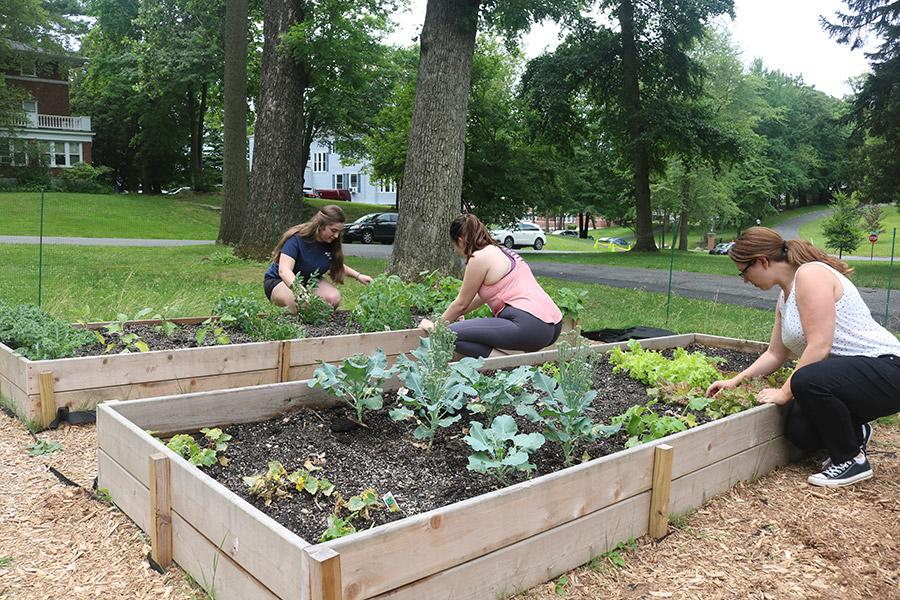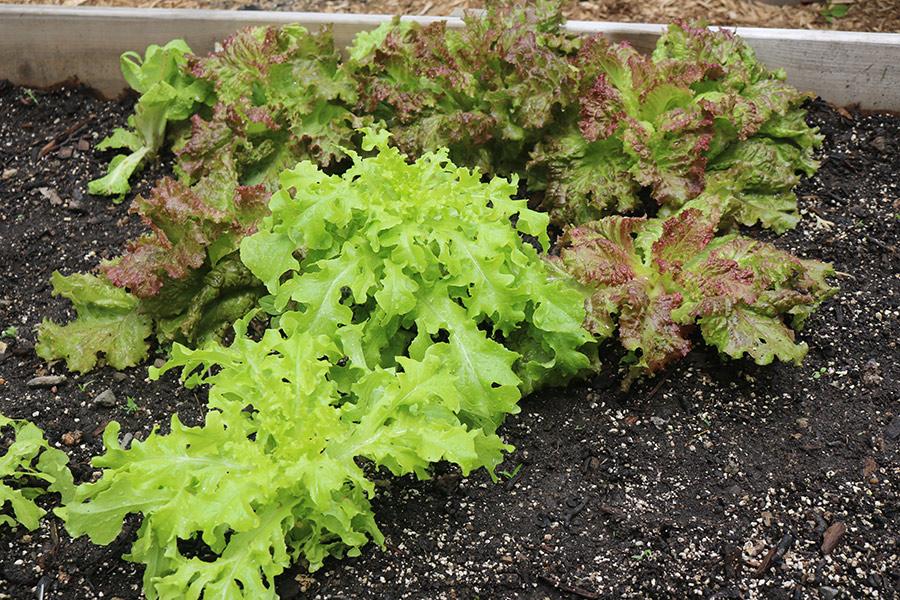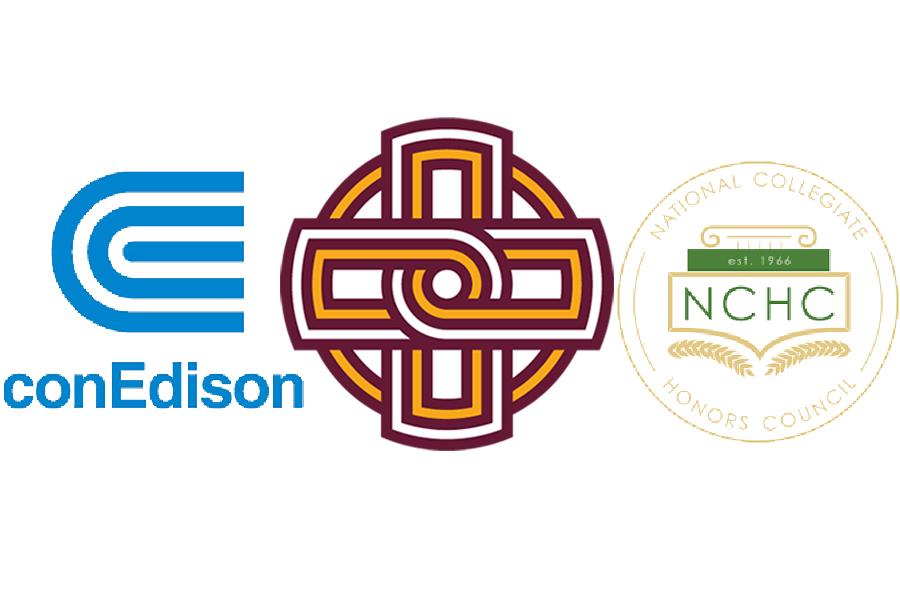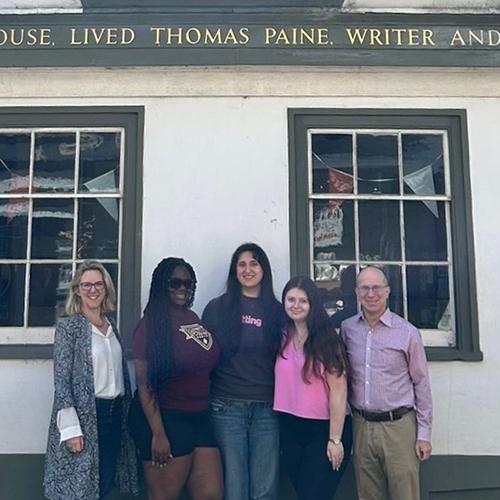Co-Curricular Opportunities
Co-curricular opportunities take place outside the regular classroom. These activities, programs, and learning experiences complement and enhance the academic curriculum.
The Berry Forum is an open and inclusive space for ecological education, exploration, and transformation.
Students are getting hands-on experience in courses across our curriculum.
- Environmental Science (BIO 125): Students from Dr. Christina Andruk’s Environmental Science classes are working with Sheldrake Environmental Center to monitor and document their biodiversity and water quality.
- The Role of Business in Contemporary American Society (BUS 410): Dr. Bret Sanner’s students worked with the Sheldrake Environmental Center to understand who the Center should market to and how, pilot a marketing process for increasing community awareness and engagement, and develop a process and plan to continue to increase outreach after the project is complete.
- Sustainability and Community (SOW 2200): Dr. Meryl Nadel and her students in SOW 2200 Sustainability and Community are working with Lincoln Park Community Garden to grow healthy food and lessen the carbon footprint of our community.
- Ecology (BIO 314): Students from Dr. Andruk’s Ecology classes are working with Marshlands Conservancy in Rye to monitor the ecosystem response to a recent wildfire.
The Office of Mission & Ministry hosts regular volunteer opportunities to make our local community a greener place. Past trips have involved invasive species removal, trash pick-up at local parks such as Sheldrake and the Bronx River Parkway Reservation, and volunteering in community gardens.

The mission of the Sustainability Gardens is to teach students about sustainable food production and ecological resiliency through organic farming. The gardens consist of three 4x12-foot raised garden beds, which were constructed out of cedar and filled with a combination of compost, topsoil and perlite.
Providing a highly visible and impactful statement of Iona’s commitment to environmental initiatives, the Sustainability Gardens have the potential to impact hundreds of students annually by providing hands-on-learning and research projects for biology, chemistry, environmental science/studies and students in the environmentally-themed freshman experience courses, Earth Columba Cornerstone. The edible goods produced in the garden are also distributed around campus, thereby increasing awareness of Iona’s commitment to sustainability and local food production.
With funding from Con Edison, the University was able to purchase necessary supplies and fund two student interns throughout the growing season.
The National Honors Council also provided a grant to add an additional raised bed, managed by Honors students, which will be planted with herbs and plants typical of a medieval monastic kitchen garden.


We are working to make our campus more sustainable in an entrepreneurial framework. Are you interested in getting involved? Please contact Christina Andruk for more information at candruk@iona.edu.


